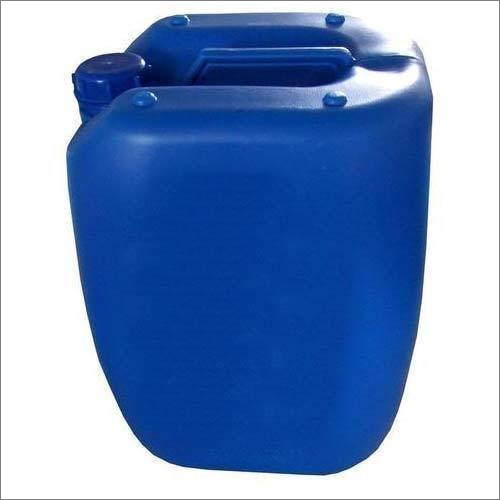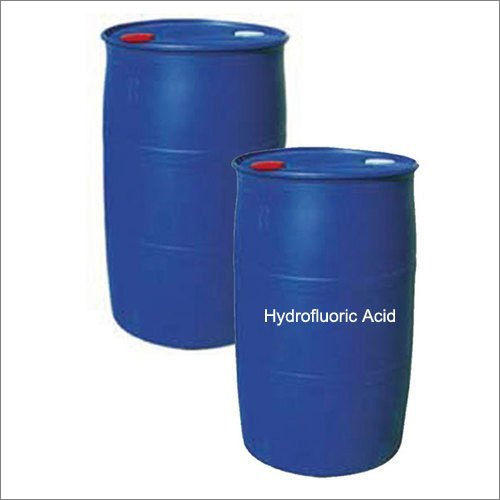
Phosphating Chemical
Product Details:
- Application Industrial
- Grade Industrial
- Appearance Colorless, transparent liquid, fumes
- Physical Form Liquid
- Purity 99%
- Storage Room Temperature
- Molecular Formula PO
- Click to view more
X
Phosphating Chemical Price And Quantity
- 50 Kilograms
Phosphating Chemical Product Specifications
- Industrial
- Industrial
- 99%
- Colorless, transparent liquid, fumes
- Liquid
- Phosphating Chemical
- Room Temperature
- PO
Phosphating Chemical Trade Information
- 1 Kilograms Per Day
- 1 Days
Product Description
Phosphating chemicals are a group of substances that are commonly used in metal surface treatment processes to improve corrosion resistance, adhesion, and appearance.
Phosphating chemicals typically contain phosphoric acid or a phosphate salt, along with other additives such as surfactants, accelerators, and inhibitors. They are applied to metal surfaces through processes such as immersion, spray, or brush application.
The most common types of phosphating processes are iron phosphate and zinc phosphate. Iron phosphate is typically used for ferrous metals such as steel, while zinc phosphate is used for non-ferrous metals such as aluminum.
Phosphating chemicals can also be used as a pretreatment for painting, powder coating, or other surface finishing processes. They create a porous, crystalline surface that promotes adhesion of the coating to the metal substrate.
Phosphating chemicals are generally considered safe when used properly. However, they can be hazardous if ingested or inhaled, and proper protective equipment should be worn when handling the chemicals. They should also be stored in a cool, dry, and well-ventilated area away from heat and moisture.
Enter Buying Requirement Details
Other Products in 'Chemical Raw Materials' category
"We deal in bulk inquiries only"

 Get a Quote
Get a Quote



 Call Me Free
Call Me Free